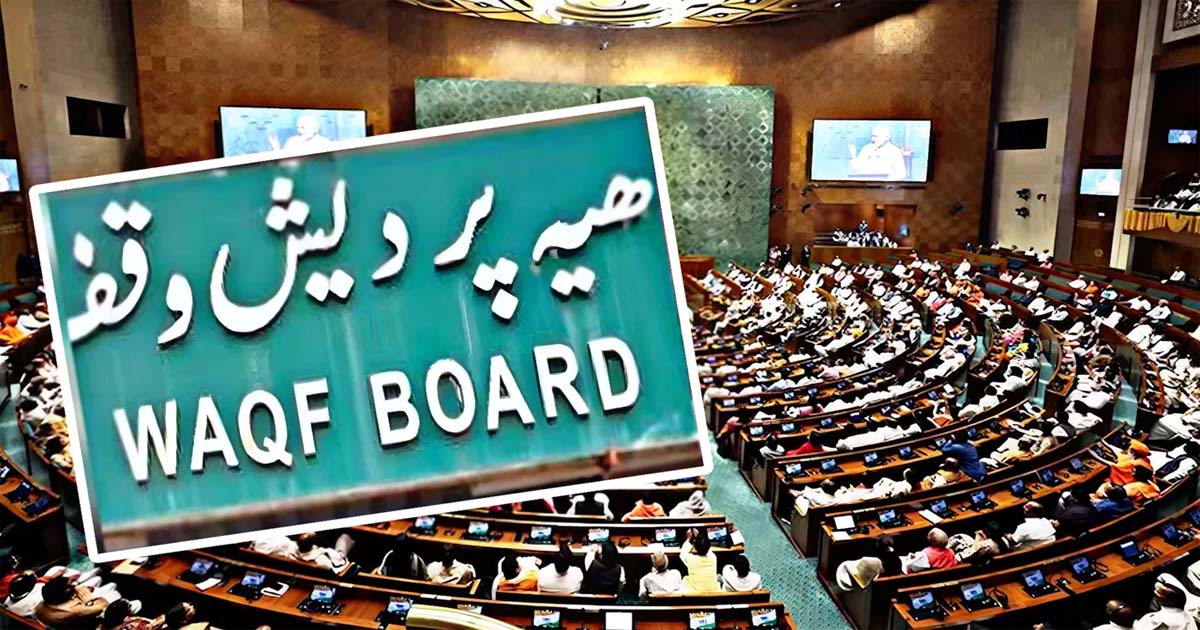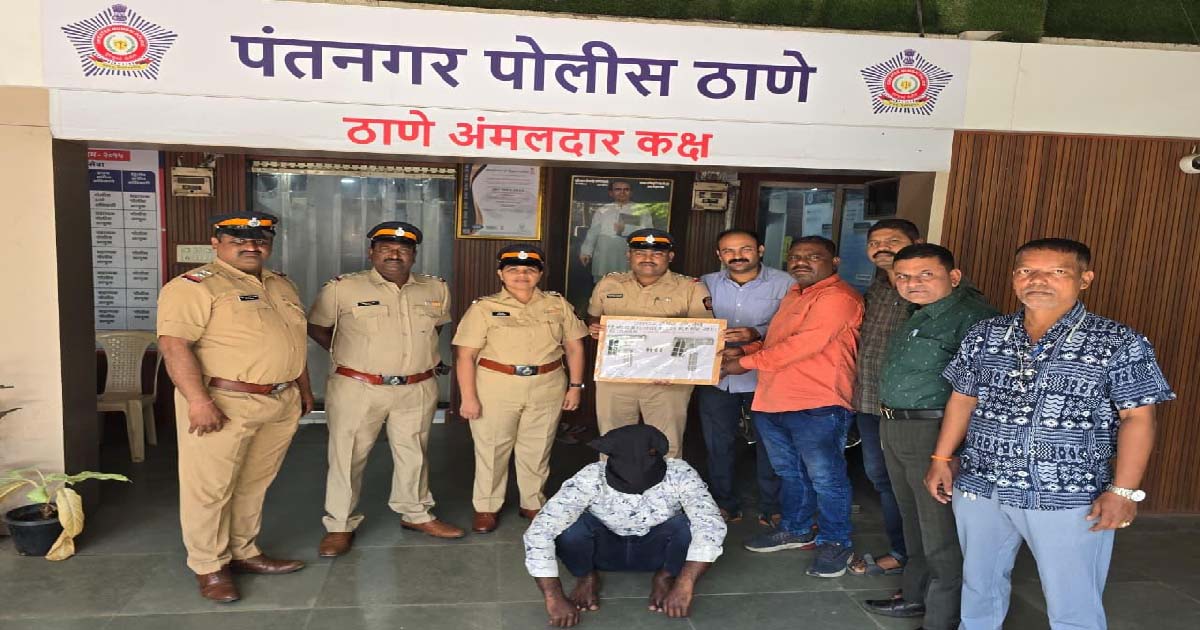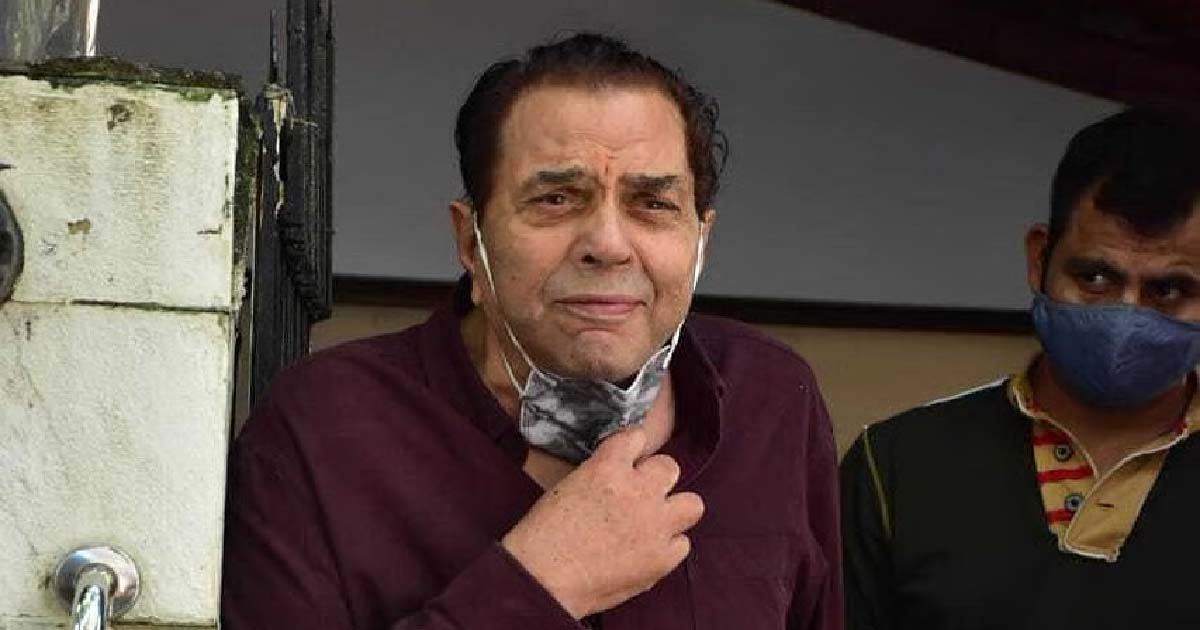Mumbai Press Exclusive News
Is the New Waqf Bill Beneficial for the Muslim Community? Report: Qamar Ansari

The recently introduced Waqf Bill by the government has once again sparked debate within the Muslim community. The bill is being presented as a step towards better management, transparency, and protection of Waqf properties across the country. However, differing opinions have emerged over whether it truly serves the interests of the Muslim community.
The new bill includes several key provisions, such as enhancing the powers of Waqf Boards, introducing a digital registry of Waqf properties, and initiating strict action against illegal encroachments. The government claims that the bill will ensure the protection of Waqf assets and that the revenue generated from them can be effectively used for education, healthcare, and welfare projects.
However, some religious and social organizations have expressed concerns. They argue that Waqf properties are inherently linked to religious purposes, and direct government interference could compromise religious autonomy. Some fear that the bill may hinder the freedom and original purpose of Waqf properties.
On the other hand, legal experts and reformist voices believe that if implemented honestly, the bill could be a positive step for the Muslim community. With better administration of Waqf assets—many of which have been mismanaged or encroached upon—the community could benefit in significant ways.
What’s the Difference Between the Old and the New Waqf Bill?
Old Waqf Law:
The earlier Waqf law, enacted under the “Waqf Act 1995,” aimed to regulate and safeguard thousands of Waqf properties across India. Key features included:
- Establishment of State Waqf Boards.
- Responsibility for property management vested in the Boards.
- Mandatory registration of Waqf properties.
- Appointment of Mutawallis (caretakers) with board approval.
Over time, however, the law revealed weaknesses in its implementation. Problems such as illegal encroachments, corruption, and ineffective oversight continued to rise.
New Waqf Bill:
The new Waqf Bill introduces several major changes, aiming to modernize the system, enhance transparency, and incorporate technology. Key provisions include:
- Digital Registry: All Waqf properties to be registered and monitored online.
- Central Database: A national Waqf portal to provide public access to information.
- Action Against Encroachments: Legal powers to swiftly remove illegal occupants.
- Administrative Transparency: Stronger audit mechanisms and transparent functioning of Waqf Boards.
- Grievance Redressal System: A responsive complaint cell to address corruption and misuse.
Summary of Differences:
| Aspect | Waqf Act 1995 (Old Law) | Waqf Bill 2025 (New Bill) |
|---|---|---|
| Registration | Manual registry | Digital registry with a national portal |
| Oversight | State-level monitoring | Centralized oversight and national database |
| Transparency | Limited | Enhanced transparency and robust auditing system |
| Action Against Encroachment | Lengthy legal process | Swift legal action provision |
| Public Participation | Weak grievance mechanism | Active grievance redressal system |
The use of modern technology, improved transparency, and administrative reforms in the new Waqf Bill are promising aspects. However, some scholars and religious groups worry that increasing government involvement may infringe upon religious autonomy. The actual impact of the bill will largely depend on its execution and the extent to which the Muslim community is consulted and included in the process.
For now, it remains too early to say whether the bill will prove to be entirely beneficial for the Muslim community. Its success hinges on fair implementation and inclusive governance.
Maharashtra
Mumbai arms supplier arrested from Ghatkopar depot

Mumbai: Police has claimed to have arrested an arms supplier from Ghatkopar Bus Depot who had come here to supply arms to Mumbai. The Mumbai Police Ghatkopar Anti-Gang Squad received information about this. The police laid a trap and took the accused into custody and recovered two country-made pistols and four live cartridges from his possession. During the investigation, the police asked him his name and he revealed his name as Ajay Kailash, a resident of Ujjain. The police have registered a case in this matter and started the investigation. Pantnagar Police has started the investigation in this matter to find out from where the accused had brought the arms to supply arms. This action was taken by DCP Rakesh Ola on the instructions of Mumbai Police Commissioner Deven Bharti.
Maharashtra
Film Icon Dharmendra on Ventilator Support: Sources

Mumbai, November 10:
Legendary Bollywood actor Dharmendra, aged 89, has reportedly been admitted to a Mumbai hospital after complaining of breathing difficulties. According to hospital sources, the veteran actor is under intensive medical care and is said to be on ventilator support as doctors closely monitor his condition.
Dharmendra, one of Indian cinema’s most celebrated figures, was taken to the hospital earlier this week after experiencing shortness of breath. Medical experts attending to him have described his condition as “stable but serious.” The actor’s sons, Sunny Deol and Bobby Deol, are by his side, while other family members and close friends from the film industry are visiting and offering support.
Hospital insiders have indicated that his vital parameters remain within normal range, though his condition requires constant observation due to his age. Doctors have not yet given a timeline for his recovery or discharge.
News of Dharmendra’s health scare has sparked concern across the nation. Fans have flooded social media with messages praying for his speedy recovery. Several film personalities have also expressed their solidarity and shared their affection for the veteran actor, who has been a beloved figure in Indian cinema for over six decades.
Dharmendra, often referred to as the “He-Man of Bollywood,” has appeared in numerous classic films and continues to be revered for his charm, humility, and contribution to Indian film history.
As of now, official updates from the family are awaited, and the hospital has maintained that the actor remains under close medical observation. Fans and admirers across the country continue to hope and pray for the recovery of their beloved star.
Maharashtra
Govandi is changing: Successful Talent of Govandi Festival filled with children’s artistic talents

Govandi: With the aim of changing the negative image of Govandi, notorious for drug addiction and crime, and providing a bright future for the children here, the Abu Asim Azmi Foundation, led by local MLA Abu Asim Azmi, has taken a big step. The foundation recently successfully organized the “Talent of Govandi Festival”, which was going on for the past one month.
The festival organized various competitions related to education, sports, skills and talents. Thousands of children from Govandi, Mankhurd, and Shivaji Nagar enthusiastically participated in more than 17 competitions, including singing, dancing, drawing, speech, mehndi, recitation, naat, handicrafts, rangoli, carom, boxing, cricket, volleyball, badminton, karate and poetry. The children performed brilliantly by showcasing their talents and hard work. The new and hidden talents of Govandi were introduced not only locally but also internationally. On this occasion, those IAS officers who added to the glory of Govandi were also honored. MLA Abu Asim Azmi, motivational speakers Sir Awadh Ojha and Sana Khan, and social media influencer Faizo among other dignitaries were present at the event. All of them encouraged the children and gave them prizes. The main objective of the festival was to encourage children to stay away from drugs and choose a better life and make their future bright, through which the talents of the children of Govindi were introduced to the whole world.
-

 Crime3 years ago
Crime3 years agoClass 10 student jumps to death in Jaipur
-

 Maharashtra1 year ago
Maharashtra1 year agoMumbai Local Train Update: Central Railway’s New Timetable Comes Into Effect; Check Full List Of Revised Timings & Stations
-

 Maharashtra1 year ago
Maharashtra1 year agoMumbai To Go Toll-Free Tonight! Maharashtra Govt Announces Complete Toll Waiver For Light Motor Vehicles At All 5 Entry Points Of City
-

 Maharashtra1 year ago
Maharashtra1 year agoFalse photo of Imtiaz Jaleel’s rally, exposing the fooling conspiracy
-

 National News1 year ago
National News1 year agoMinistry of Railways rolls out Special Drive 4.0 with focus on digitisation, cleanliness, inclusiveness and grievance redressal
-

 Maharashtra12 months ago
Maharashtra12 months agoMaharashtra Elections 2024: Mumbai Metro & BEST Services Extended Till Midnight On Voting Day
-

 National News1 year ago
National News1 year agoJ&K: 4 Jawans Killed, 28 Injured After Bus Carrying BSF Personnel For Poll Duty Falls Into Gorge In Budgam; Terrifying Visuals Surface
-

 Crime1 year ago
Crime1 year agoBaba Siddique Murder: Mumbai Police Unable To Get Lawrence Bishnoi Custody Due To Home Ministry Order, Says Report












